From coffee shops to yoga studios, CBD oil is becoming an alternative medicine craze. But before you take a sip of that CBD-infused latte, you should know exactly what you’re getting into.
CBD oil may come from the hemp plant, but it’s not the same as hemp oil. Confused? So are we. To clear up the difference between hemp oil vs CBD oil, we asked our experts to weigh in.
Hemp Oil vs CBD Oil
Let’s start with the basics.
Hemp and marijuana are both parts of the cannabis sativa plant family, but they are not one in the same. Hemp plants contain very little THC (tetrahydrocannabinol), the main psychoactive component of marijuana. Hemp is rich in CBD (cannabidiol), a compound that provides therapeutic benefits without the “high.”
CBD oil is extracted from the flowers, leaves, and stalks of industrial hemp plants, while hemp seed oil is derived strictly from the seeds. Hemp seed oil contains very little to no traces of THC or CBD.
There are many health benefits associated with
hemp seed oil, but it does not share the same effects of CBD. In addition to being used as a culinary oil and dietary supplement, hemp seed oil can also be found in skincare and beauty products. On product labels, you’ll often see this versatile ingredient go simply by “hemp oil” or “cannabis sativa seed oil,” hence some confusion surrounding hemp-derived CBD oil and hemp seed oil.
So what exactly is hemp seed oil really bringing to the table? For starters, it’s rich in omega-6 and omega-3 essential fatty acids and is a good source of protein, says Dr. Jeremy Wolf, a naturopathic doctor and lead health advisor at LuckyVitamin. Hemp seed oil also contains a variety of vitamins and minerals, including vitamin E, phosphorus, magnesium, calcium, iron, and zinc.
Though hemp seed oil packs a nutritional punch and has
immune-boosting properties, it’s not going to help alleviate pain or ease anxiety like CBD oil promises to do (more on that next).
Benefits of CBD Oil
CBD oil in the correct quantities can provide
a number of health benefits. Studies have shown that CBD may help relieve pain, decrease inflammation, reduce anxiety, and treat neurological disorders like epilepsy.
CBD can be taken many different ways depending on your ailment, including by inhalation, orally or topically. For instance, CBD salves are often recommended for people who suffer from rheumatoid arthritis or muscle pain. For conditions such as epilepsy, anxiety, insomnia, and schizophrenia, CBD may be taken orally in capsule, liquid, and tincture forms, or inhaled through a vape device.
How to Choose CBD Oil Products
If you’re seeking the medical benefits of CBD, what should you look for when choosing a product to ensure it’s the real deal? A good first step is to identify the source of the CBD and the practices the brand is using to grow the hemp plant, extract the CBD, and create the product.
“Do your research on what the brand is and where they are actually sourcing their material from,” cautions Tyler Dautrich, one of the founders of Green House Ventures, an investment and venture development firm for the cannabis and hemp industry. Many
CBD products are white-labeled, meaning they are produced by one company and rebranded by another as their own, he explains.
Unfortunately, quality control is an issue with CBD products. In 2016, the FDA purchased and tested 24 products labeled as hemp or CBD and found that a majority of the products were mislabeled, Wolf cites.
Commercial production of hemp was only recently legalized in the United States with the passage of the 2018 Farm Bill. Since the industry is so new within the country, laws have not been put in place to ensure customers are getting the correct amount of CBD advertised.
“Since hemp-derived CBD is no longer on the controlled substance list and there are no regulations around it, everyone is coming out with a CBD line right now,” Dautrich says. “Because there’s no governance over that, there’s no quality control.”
When choosing a CBD product, “look for organic-grown hemp whenever possible and know the laws and legislation in your area,” Wolf advises. “Make sure the products have very minimal amounts of THC. True commercial-grade hemp should always contain less than 0.3 percent of THC.” Such as the
Country Naturals products.
Looking up reviews on CBD products is also a good way to get first-hand accounts of how each individual product works.
CBD Oil Side Effects
While some people tout CBD oil as a wonder drug, it’s important to keep in mind that it’s not a magic cure-all, Dautrich says. “It’s not a one-size-fits all product,” he says. “There are high-quality products and poor-quality products. There’s a lack of education in that market right now. Individuals think, ‘If it has CBD in it, it’s automatically good for me.’”
The effectiveness of CBD oil depends on the quality of the product and the specific symptoms of the user. “CBD may not be the best option for some patients because it doesn’t help relieve their symptoms or has adverse effects,” Dautrich says.
As with any new supplement, people should talk to their health care provider before using CBD oil. “It may interact with several medications,” Wolf cautions. Common side effects reported include dry mouth, hunger, changes in appetite, fatigue, diarrhea, and drowsiness, he adds.

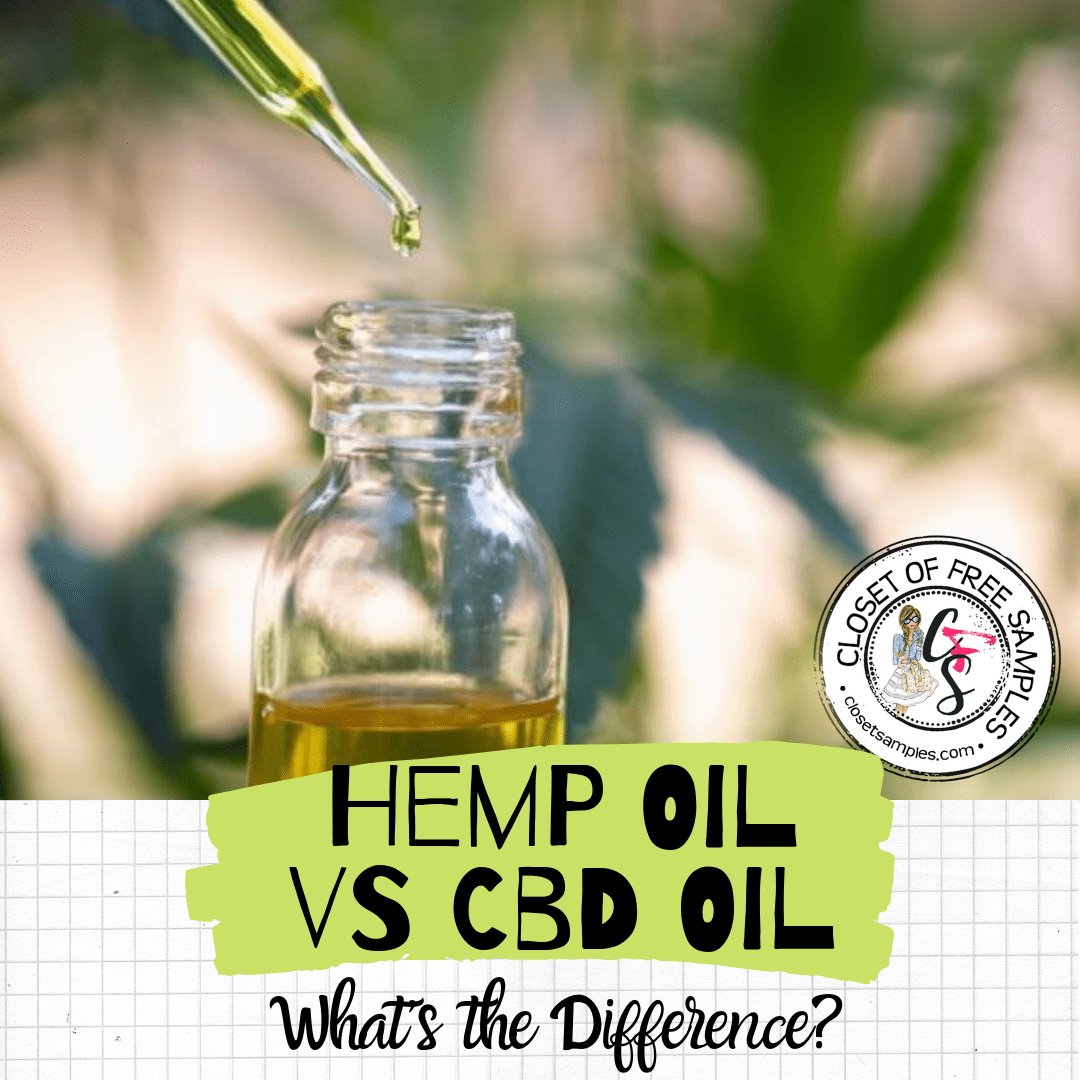






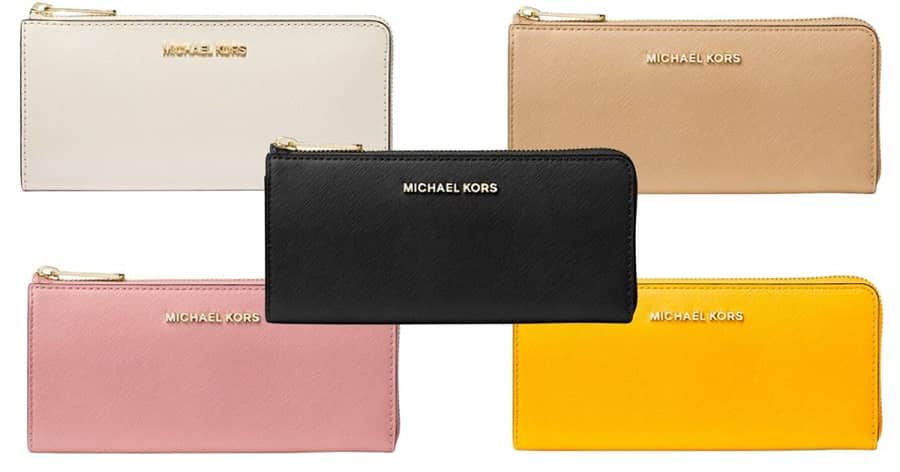

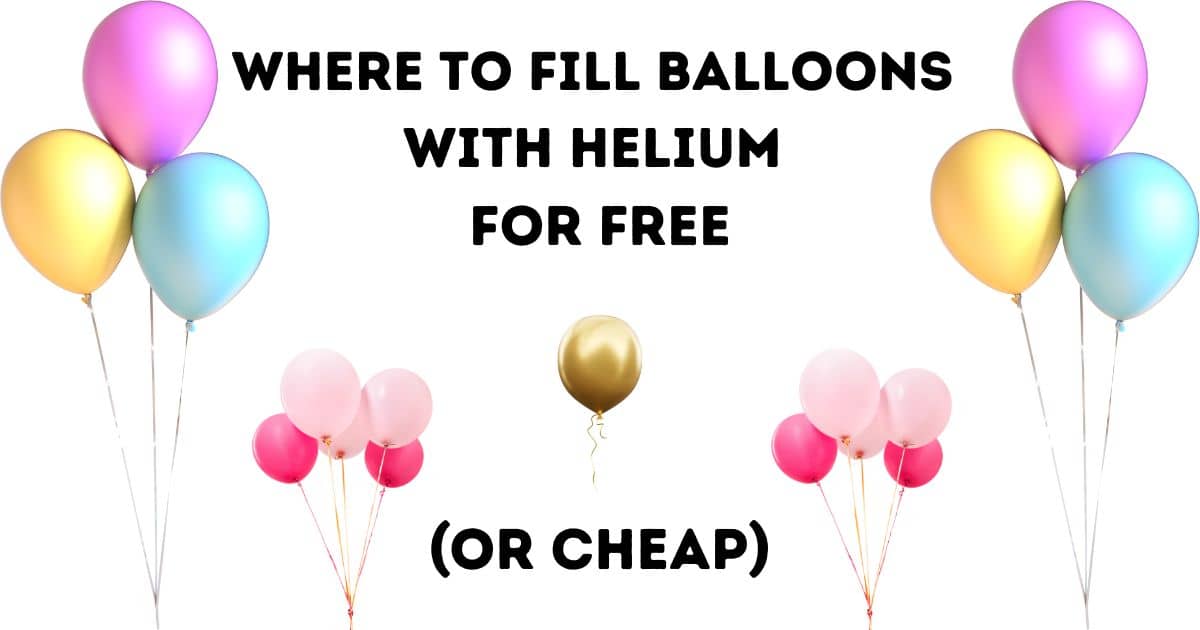


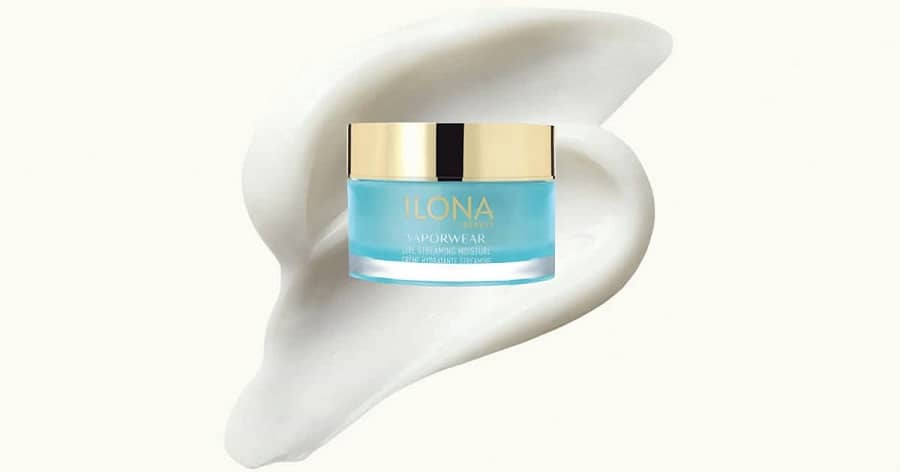
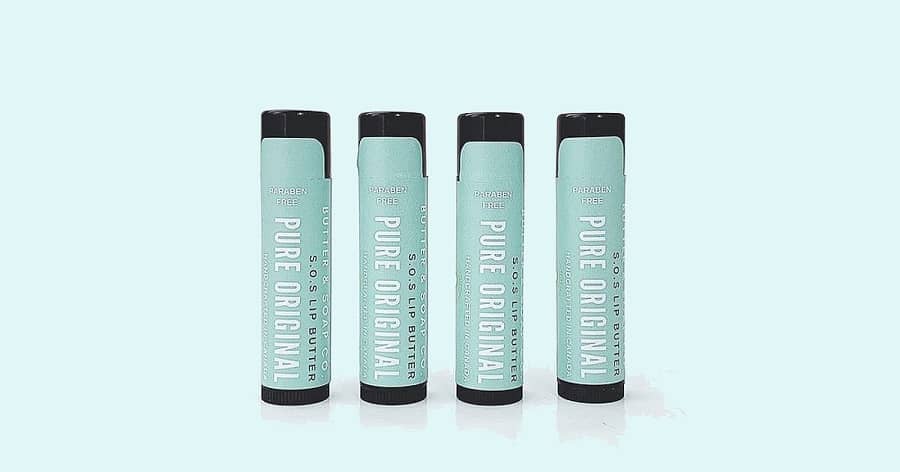
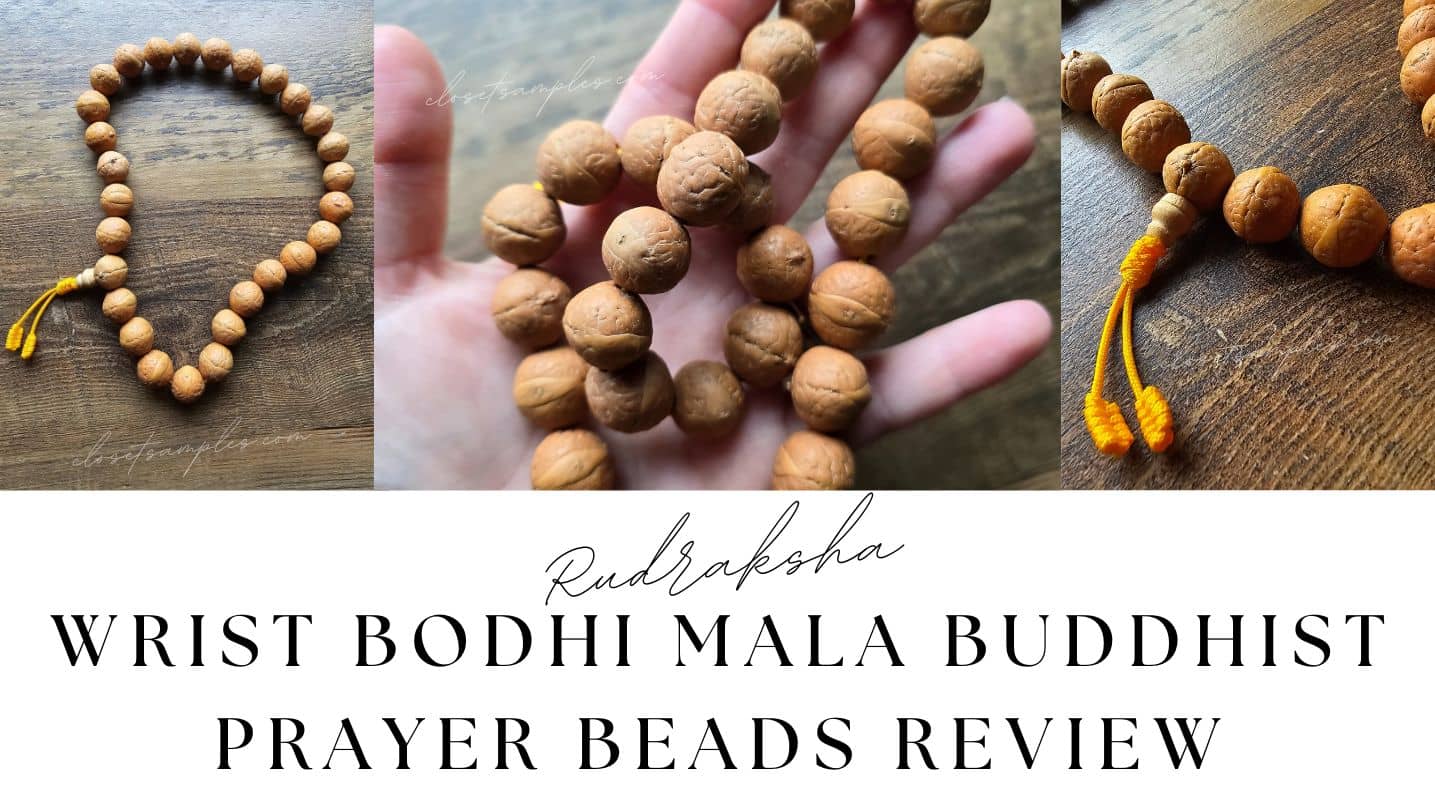






Comments